Greyhounds of ’80-81
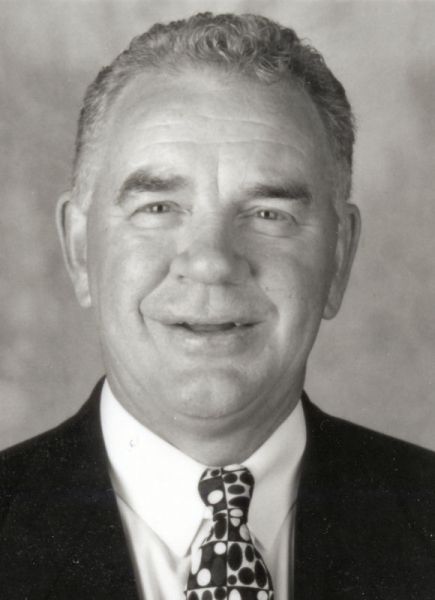
(EDITOR’S NOTE: Another in a series of articles that celebrate the Soo Greyhounds 50th year as members of the Ontario Hockey League.)
The Greyhounds began the 1980s a lot better than the way they ended the 1970s. In fact, the Greyhounds would go from missing the OHL playoffs in both the 1978-1979 and 1979-1980 campaigns to finishing first overall during the 1980-1981 regular season.
To be sure, the Greyhounds were a disaster over the two seasons that included the 1970s decade.
With Paul Theriault — who had led the Greyhounds on an improbable three round playoff run to end the 1977-1978 campaign after taking over from the fired Muzz MacPherson with 10 games to go in the regular season — in his first full season as head coach in 1978-1979, the Soo missed the playoffs with a record of 26-42-0.
For reasons that were never publicly disclosed, Theriault was unceremoniously fired by Greyhound ownership following the ’78-79 season despite having lost star defenseman Craig Hartsburg and superstar centre Wayne Gretzky to the World Hockey Association as underage players.
Still, Theriault helped to develop OHL rookie of the year John Goodwin (43 goals, 86 assists, 129 points), rookie defenseman Paul Coffey (17 goals, 72 assists, 89 points) and walk-on rookie forwards Bill Terry (28 goals, 21 assists, 49 points) and Tony Butorac (20 goals, 27 assists, 47 points) that season — and so it was rather startling when the Greyhounds opted to make a coaching change.
But Theriault, a local favourite, was indeed shown the door and former National Hockey League journeyman forward and Stanley Cup champion Terry Crisp, of Philadelphia Flyers fame, was brought in to coach the Greyhounds.
The move was not popular with many players, fans and some members of the media. As Theriault was low key, thoughtful, well spoken, educated and all about his players, the fiery Crisp came across as foul mouthed, loud mouthed and arrogant and could often be heard screaming and swearing from behind the bench to berate his players, including heart and soul types such as Goodwin, Coffey, Terry and Butorac.
Crisp’s first season as the Greyhounds bench boss was a disaster wrought with unnecessary drama, much of it brought on by Crisp himself.
Midway through the season and at Crisp’s insistence, the Greyhounds would trade Coffey — who would become a future NHL Hall Of Fame legend — to the Kitchener Rangers. Crisp did not hide the fact that he wanted Coffey traded because the smooth skating, electrifying defenseman did not want to be converted to a left winger. In fact, Crisp told me right to my face that if Coffey didn’t switch from defence to left wing that he would “never play in the National Hockey League.”
Well, we all know how it would turn out for Coffey en route to becoming an NHL superstar and Stanley Cup champion with both the Edmonton Oilers and Pittsburgh Penguins. As an NHL defenseman — not left winger — Coffey would go on to skate in 1,609 games en route to piling up 455 goals and 1,272 assists for 1,727 points.
(Yep, old Crispy sure got that one right, eh. Let us just say that ‘Coffey Crisp’ was not a sweet treat for the Greyhounds.)
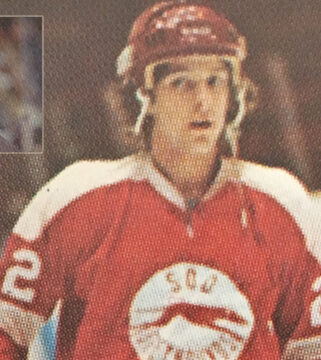
At any rate, the Crisp-coached Greyhounds of 1979-1980 would miss the OHL playoffs with an abysmal record of 22-45-1. But despite that lousy showing and all of the turmoil that surrounded the team, Crisp was retained as coach for the 1980-1981 season and it was Greyhound general manager Angelo Bumbacco who was asked to step aside to make way for a new GM in Sam McMaster.
And in a dramatic reversal, Crisp and the Greyhounds would go from first to last. Crisp managed to repair his relationship with star forwards such as the aforementioned John Goodwin and Tony Butorac and the Greyhounds would go on to finish in first place overall in the OHL standings with a record of 47-19-2.
Goodwin won the OHL scoring title with 56 goals, 110 assists, 166 points. Steve Gatzos would score a franchise record 78 goals and add 50 assists for 128 points, Doug Shedden — acquired from Kitchener in the Coffey trade — would bag 51 goals, 72 assists, 123 points and Butorac would come through with 50 goals, 70 assists, 120 points. Others who contributed in a big way offensively were Ron Handy with 43 goals, Ron Francis and Tim Zwijack with 26 apiece and Hugh Larkin with 20.
And defensemen Gord Dineen, Jim Pavese, Vic Morin, Dirk Rueter and Steve Smith formed a brick wall in front of goalies John Vanbiesbrouck, Marc D’Amour and Ken Porteous.
But after beginning the playoffs with series triumphs over the Oshawa Generals and Kingston Frontenacs, the Greyhounds fell victim to the upstart Kitchener Rangers in the league finals in what was a shocking upset.
Somehow, the 47-19-2 Greyhounds lost to the 34-33-1 Rangers nine points to three in the championship series as Crisp was clearly out-coached by Orval Tessier and Kitchener skated to the OHL title and on to the Memorial Cup tournament led by goalie Wendell Young, defenseman Joe McDonnell and forwards Brian Bellows, Jeff Larter, Grant Martin and Russ Adam.
Still, despite the stunning end to the 1980-1981 season, the Greyhounds would go on to four more successive seasons of success with Crisp as coach and McMaster as the GM. But man oh man, the ending of the ’80-81 season and how it finished with the unexpected loss to Kitchener was tough to watch and to tough to take for the Greyhounds and their followers.




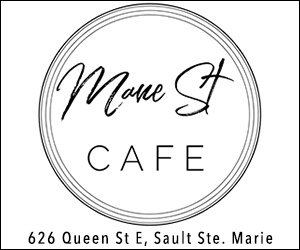


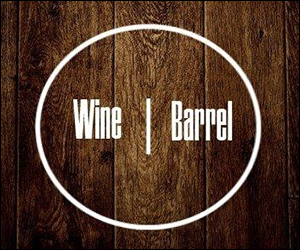
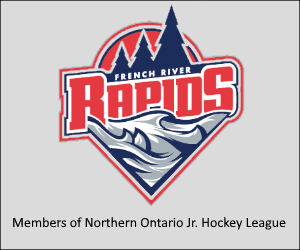


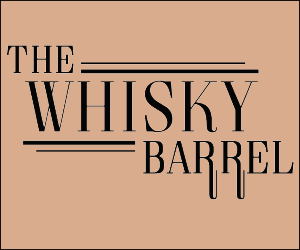



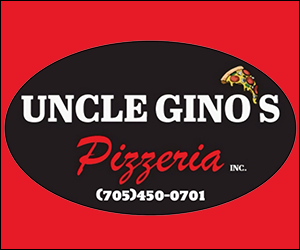



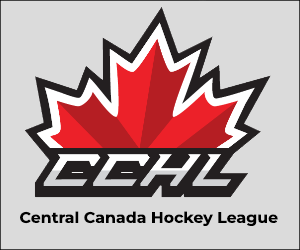

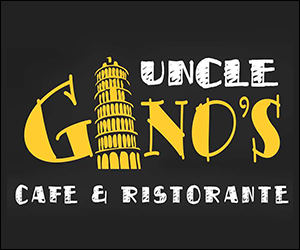




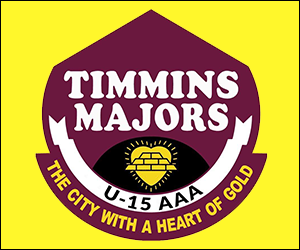



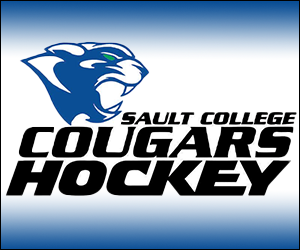






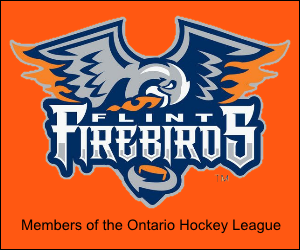










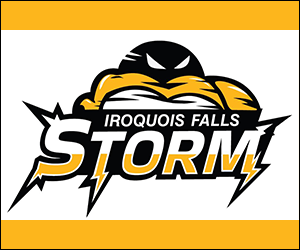



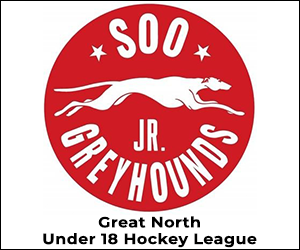

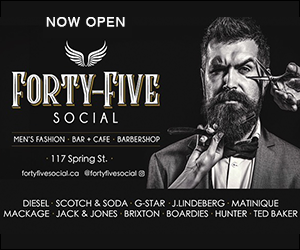

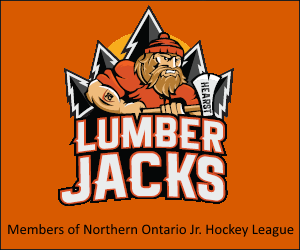

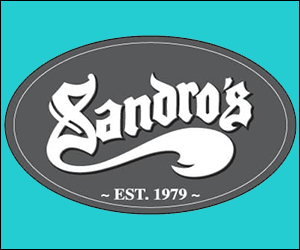


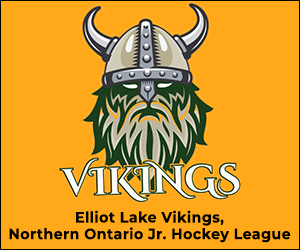
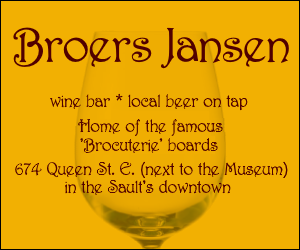


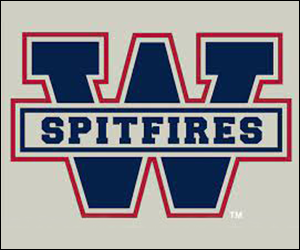

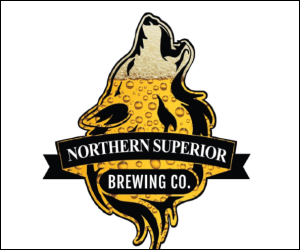


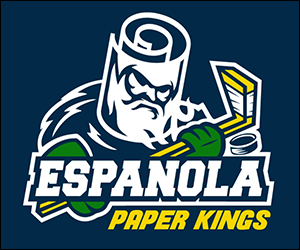








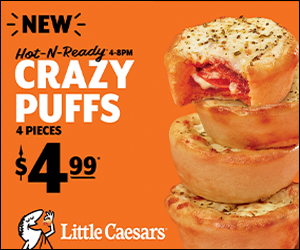

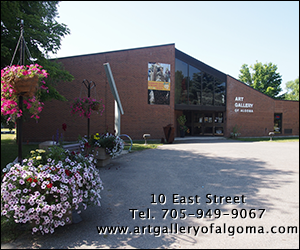
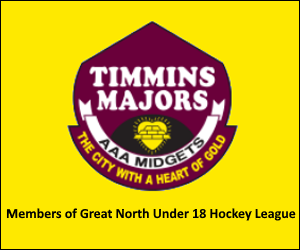
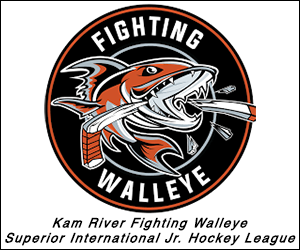
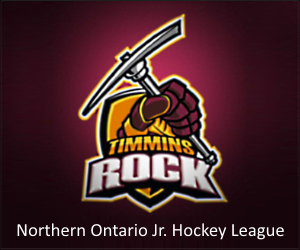
Great read Randy! That was a special team indeed. Perfect mix of offence and defence. A team , I always thought would bring our first league championship.Seeing Kitchener for 5 straight years in those epic playoff matches brings back lots of memories. Thanks for the look back
I’ve often wondered what kind of program a Paul Theriault-coached team, in his prime, could have delivered to the Greyhounds, if given a proper opportunity.
Win-theriault certainly worked magic with the 77-78 team. Then again, he didn’t have control of the draft. He was talking about off-ice conditioning, which was only a vague concept with Crisp.
No doubt, Crisp was successful but, boy, he was a high-strung guy behind the bench. It would’ve been a grind to play for him. Sam McMaster deserves as much, if not more, credit for the success they enjoyed.